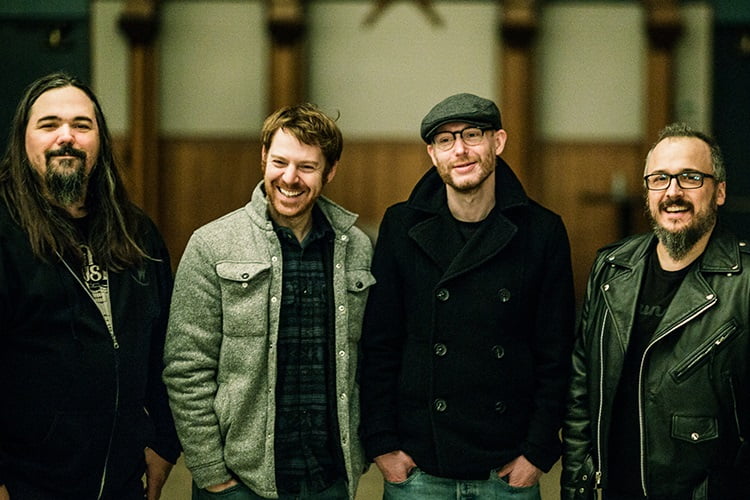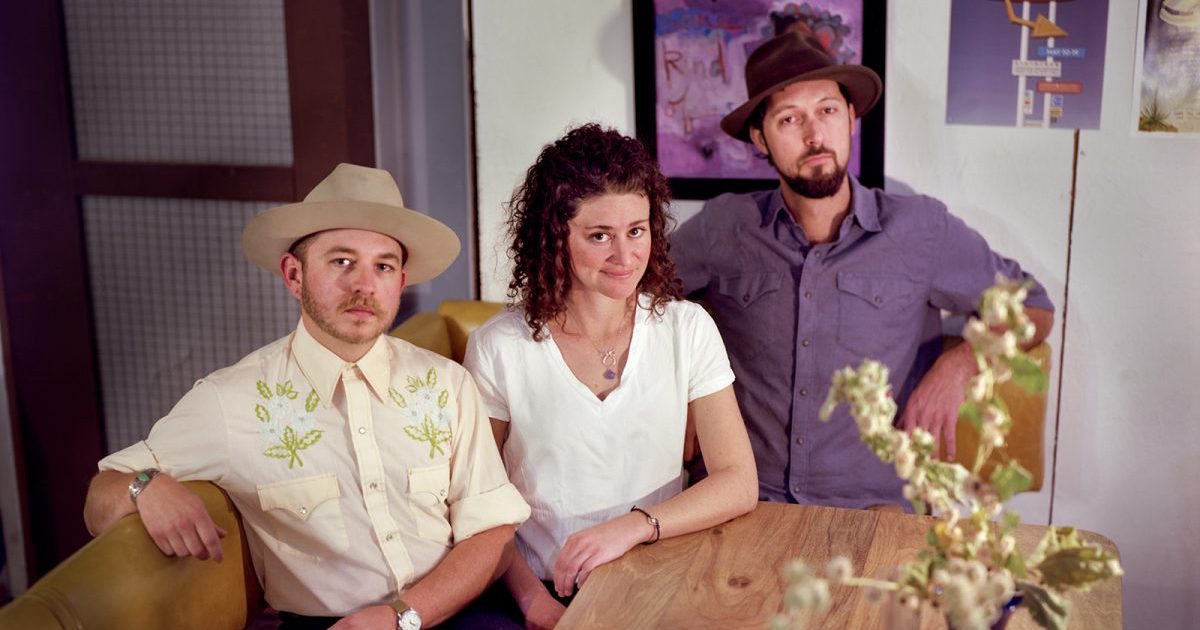(Editor’s Note: Sign up here to receive Good Country issues when they launch, direct to your email inbox via Substack.)
Country music’s gender politics have always been, well, kind of fucked up. The genre itself is rooted in class-based declarations of authenticity and individualism, all while negotiating assimilation into urban life. Like any other large group of people, country music artists are by no means monolithic, and the genre’s approach to gender – especially femininity – is diverse. But for all the treacly love songs and mincing breakup songs, the ones where country divas’ lives are at the mercy of men, there are songs that flip that dynamic right on its head.
Stephanie Vander Wel’s Hillbilly Maidens, Okies, and Cowgirls illustrates how this dichotomy has existed since the genre began. Country music has always sold the story of rugged individualism, and that sense of individualism has paved the path for women who present themselves as more rugged than the “Pollyannas” they’re expected to be. That tradition continued well into the classic country era; Loretta Lynn’s “The Pill” and Tammy Wynette’s “D-I-V-O-R-C-E” masterfully display centering women’s agency, while couching that drive in humor and a catchy tune.
It’s no coincidence that if you ask someone on the street to name a country music artist, they’re most likely to list a woman. Dolly, of course, or the ‘90s run of divas like Shania, Faith, or The Chicks. As has been oft-discussed, this generation of country stars tapped into the ‘90s exuberance for individual freedom while questioning the traditional ties that bind us to our scripted gender roles. Faith Hill’s “Wild One” and, of course, The Chicks’ “Not Ready to Make Nice” portray a femininity that is self-confident: there will be no more shrinking behind men in too-large ten-gallon hats.
Marissa Moss and Dr. Jada Watson have extensively documented the decline in women’s presence on mainstream country radio since the aughts. But that doesn’t mean women are shutting up, and we are starting to see queer women, as well as nonbinary and trans artists, use their inspiration from the ‘90s to continue using country music to challenge gender norms. Roberta Lea’s “Too Much of a Woman” is brash, rejecting any sexist norms that would expect her to dim her light. Jessye DeSilva’s “Queen of the Backyard” and Paisley Fields’ “Periwinkle” are touching tributes to young people who know they don’t fit in and never will. Desert Mambas’ “Buzz Cut Blues” is a nod to Leslie Feinberg’s legendary no novel Stone Butch Blues, making good on country music’s promise of non-normative gender performance with a meditation on moving through the world as a transmasc person.
Throughout the century’s worth of country music canon, there is one throughline: this genre that celebrates outlaws and misfits must always celebrate women, femmes, non-men, and others who are doin’ it for themselves.
Photo of Dolly Parton from the Michael Ochs Archives.







